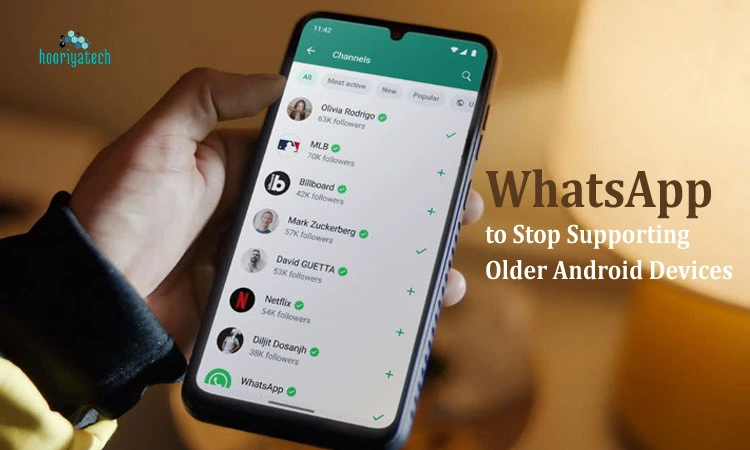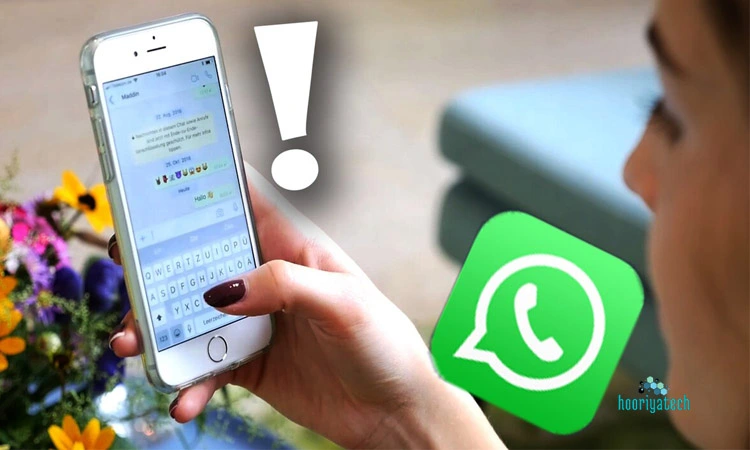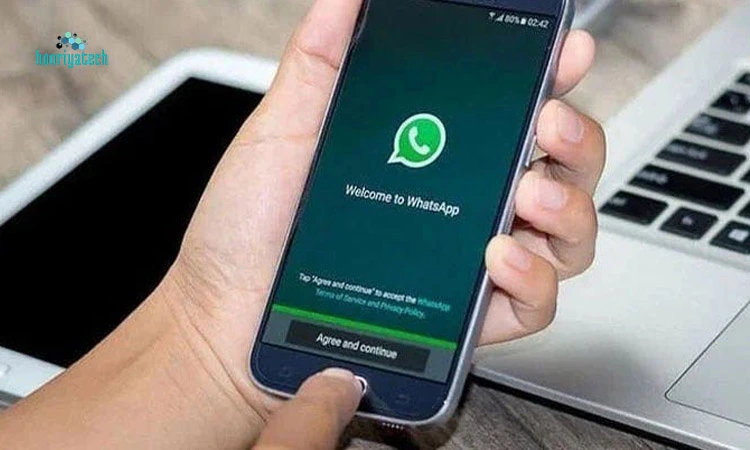WhatsApp to Stop Supporting Older Android Devices from January 1, 2025

As the world’s most popular messaging app, WhatsApp continues to evolve by introducing new features and security updates. However, with innovation comes the need to phase out support for outdated technologies. Starting January 1, 2025, WhatsApp will no longer support older Android devices. This change is expected to affect millions of users worldwide, prompting many to either update their devices or explore alternatives.
This blog post will provide an in-depth look at why WhatsApp is making this decision, which devices will be impacted, and how users can prepare for the upcoming change.
Why is WhatsApp Ending Support for Older Devices?
1. Technological Advancements
The tech industry moves at an incredibly fast pace, and older devices often lack the hardware and software capabilities to support modern applications. WhatsApp’s newer features, such as enhanced encryption, voice and video calls, and multimedia sharing, demand more robust operating systems and hardware.
2. Security Concerns
Outdated operating systems are more vulnerable to security threats. By ending support for older Android devices, WhatsApp ensures that its user base enjoys a more secure and seamless experience. Supporting older OS versions compromises the platform’s ability to maintain robust security protocols.
3. Optimization for Newer Features
WhatsApp regularly introduces features that require the latest technology to function effectively. Phasing out older devices allows the company to focus its resources on optimizing the app for newer operating systems and hardware.
Which Devices Will Be Affected?
WhatsApp has stated that starting January 1, 2025, it will no longer support Android devices running versions older than Android 6.0 (Marshmallow). The following categories of devices will be impacted:
1. Devices Running Android 5.1 and Below
Popular models released before 2015, such as:
- Samsung Galaxy S3
- HTC One M8
- Sony Xperia Z2
2. Devices Unable to Update Beyond Android 5.1
Many budget smartphones from this era will also lose access to WhatsApp, as their manufacturers have stopped releasing updates.
To find out if your device is affected, go to Settings > About Phone > Android Version on your phone. If your version is below Android 6.0, you will need to take action.
How to Prepare for the Change?

1. Check Your Android Version
- Step 1: Open the Settings app on your phone.
- Step 2: Scroll down and tap on “About Phone.”
- Step 3: Look for “Android Version.” If it’s below 6.0, your device will be affected.
2. Update Your Operating System
Some older devices may still support an update to Android 6.0 or higher. Check for updates by following these steps:
- Step 1: Open the Settings app.
- Step 2: Navigate to “System Updates” or “Software Updates.”
- Step 3: Download and install any available updates.
If an update isn’t available, it’s time to consider upgrading your device.
3. Backup Your WhatsApp Data
Before transitioning to a new device, ensure you back up your WhatsApp data to Google Drive:
- Step 1: Open WhatsApp and go to Settings.
- Step 2: Tap on “Chats” and then “Chat Backup.”
- Step 3: Choose “Back Up to Google Drive” and select the frequency (Daily, Weekly, or Monthly).
- Step 4: Tap “Back Up Now” to save your data.
4. Upgrade Your Device
For those unable to update their current phones, upgrading to a newer device is the best option. Look for phones running Android 6.0 or higher. Most modern budget smartphones will support WhatsApp and offer improved performance and features.
Alternatives to WhatsApp
If upgrading your device isn’t feasible, you might want to explore alternative messaging apps that support older Android versions. Popular options include:
- Telegram: Known for its advanced features and support for older devices.
- Signal: A privacy-focused messaging app that works on a wide range of operating systems.
- Viber: Offers messaging and VoIP features for users on older devices.
Keep in mind that switching to a new app will require your contacts to also be available on that platform for seamless communication.
How Will This Impact Users?

1. Accessibility Challenges
Users in developing countries, where older devices are still prevalent, may face difficulties transitioning. The cost of upgrading devices can be a significant barrier.
2. Potential Data Loss
Failing to back up WhatsApp chats before the support cutoff date could result in permanent data loss. Users must act promptly to safeguard their information.
3. Learning Curve
Switching to a new messaging platform or device can be daunting, especially for older users who may not be tech-savvy.
WhatsApp’s Commitment to Progress
WhatsApp’s decision to phase out support for older Android devices reflects its commitment to innovation, security, and user experience. While this change may inconvenience some users, it’s a necessary step to keep the platform safe and functional in the long term.
Final Thoughts
If your device is affected by this update, now is the time to act. Check your Android version, back up your WhatsApp data, and explore upgrade options. The transition may seem challenging, but it’s an opportunity to embrace newer technology and enjoy enhanced features and security.
Stay informed and prepare ahead to ensure you don’t lose access to one of your most essential communication tools. Visit for more insights.




